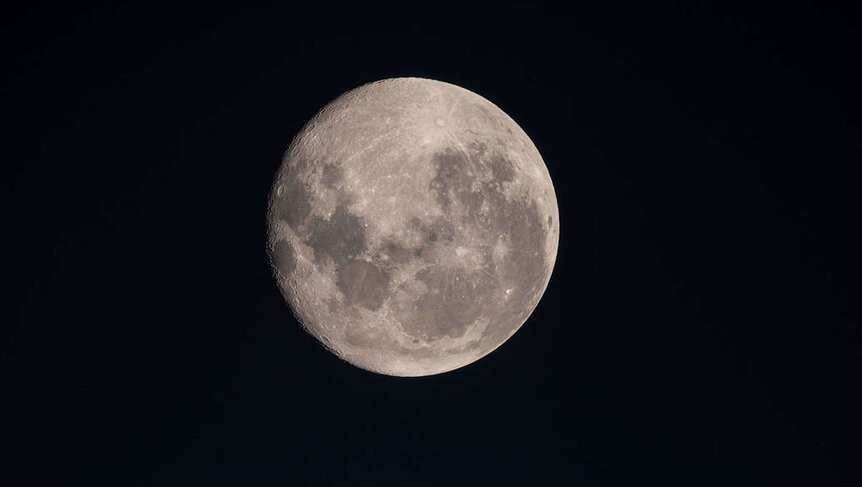Create a free profile to get unlimited access to exclusive videos, sweepstakes, and more!
Lunacy? The moon could affect our biorhythms in almost supernatural ways

Werewolves may not exist, but the lore of humans who morphed into unrestrained howlers under a full moon had to have come from somewhere.
The moon may have more influence on us than we think. While nobody has been caught sprouting fangs and excess body hair every time a full moon rises, lunar effects on our health and biorhythms are not just cryptozoology. Some dismiss the possibility of us being synced to lunar cycles as pseudoscience. However, fairy tales and horror stories cannot explain the moon’s actual sway over sleep, hormonal changes, cell activity and mental health, which can explain where the now (rightfully) maligned word “lunatic” came from.
Suspicion that human biorhythms can be influenced by the moon first came to light in 1973, when physicist Rütger Wever studied test subjects in a bunker completely cut off from sunlight, moonlight and Earth’s magnetic field. He wanted to see whether we respond to tidal forces, or the gravitational attraction that pulls the moon closer to or further away from Earth. The subjects in the bunker that was separated from our magnetic field experienced some bizarre changes. Their body clocks synced with the lunar day instead of the solar day, suggesting the gravitational pull of the moon may affect us, but the study was doomed to fall into obscurity.
If this is really pseudoscience, then why have studies proving that the moon has at least some influence on humans and many other life-forms more recently surfaced?
Solar and lunar influences on organisms have often been studied separately. Biologist Kristin Tessmar-Raible of the Unviersity of Vienna, who studies lunar cycles down to the molecular level, believes that separating sun and moon is an erroneous approach because our inner cycles and functions are probably synced with both. Her studies on marine life-forms that can somehow feel out lunar cycles could eventually explain why certain otherwise unexplainable things happen to humans. Whoever called out menstruation and the hormones involved as being under the influence of the moon must have been onto something.
“In addition to the daily cycles provided by the sun, many marine animals…utilize the steady cycle of the moon to synchronize reproductive behavior and sexual maturation on a monthly schedule,” Tessmar-Raible said in a study recently published in Cell Reports.
Humans are undoubtedly more complex than the annelids Tessmar-Raible observed for this study, but another completely unrelated study that did focus on our species seems to align. Last year, researchers in Finland were able to prove that hormonal changes related to depression in premenopausal women spiked when the moon was full. They weren’t he only ones. Other studies have also found that the moon is connected to menstrual cycles. Any relation between menses and lunar cycles used to be widely dismissed as a myth.
As for the concept of “lunatics”, that is now regarded as one of the problematic by-products of mental health stigma. It arose before science was actually science and certain disorders went undiagnosed and misunderstood. Psychiatrist and sleep researcher Thomas Wehr’s 2018 study of people with bipolar disorder found that their sleep patterns were affected by lunar cycles, which triggered switches between extreme emotional highs and lows. There was one patient whose meticulously recorded sleep and wake times showed he was on the 24.8-hour cycle of the moon.
The moon may seem like a mystical body glowing from far away, but with science proving more and more connections between it and life on Earth, the thought of us being in sync with the universe is more than just lunacy.



























